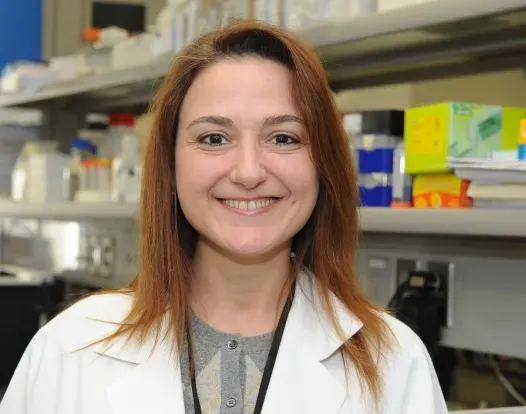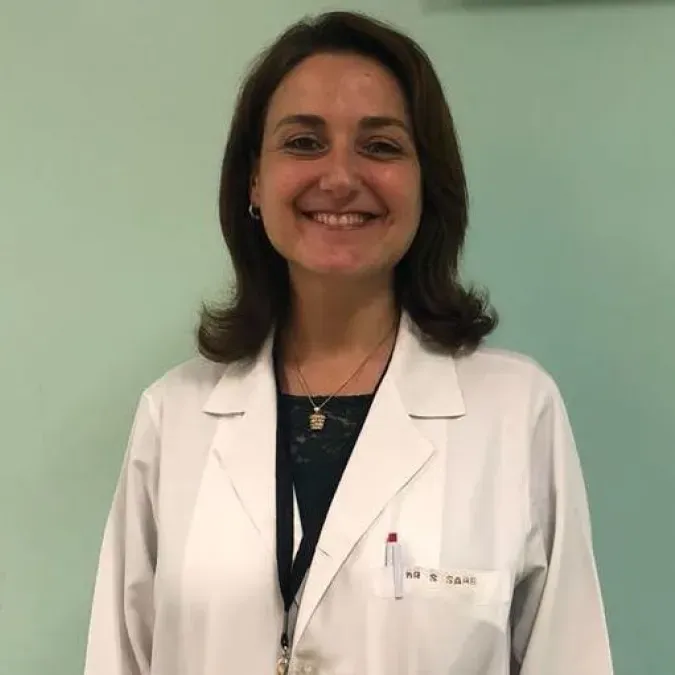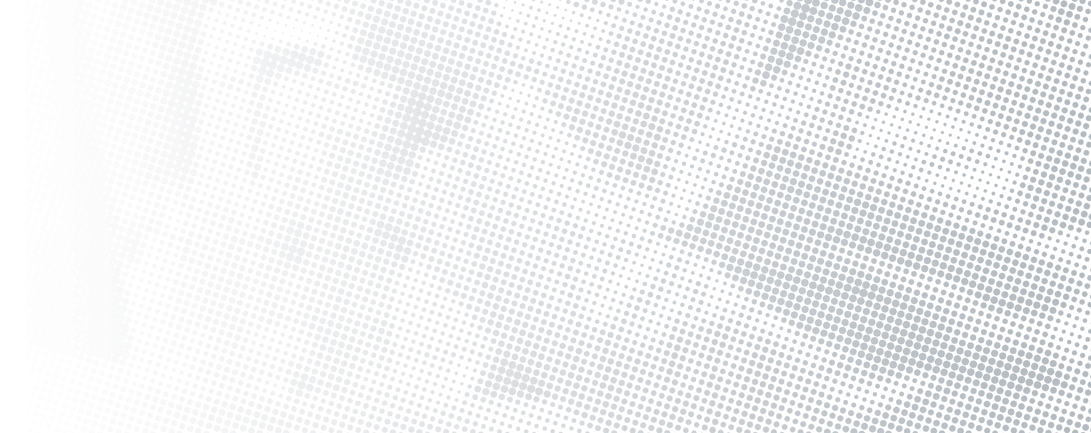These researchers have dedicated their careers to finding new treatments and cures for people with cancer.


In Lebanon, children with cancer face life-threatening gaps in receiving referrals to specialists and delayed diagnosis to oncology care. Poor communication between primary and pediatric oncology doctors, lack of knowledge from pediatricians on signs and symptoms of childhood cancer, absence of clear channels for diagnosis-to-treatment, and failure to follow up from patients due to financial constraints all lead to late-stage diagnosis for patients.
To connect patients in Lebanon with timely treatment, Dr. Saab, of the American University of Beirut Medical Center, used support from a 2017 International Innovation Grant (IIG) to train pediatric providers and enhance communication between primary and oncology care. Dr. Saab designed and led workshops to elevate pediatrician knowledge of cancer-related signs and symptoms and to strengthen referral networks between primary and oncology specialists. Funding enabled her to recruit a team to help craft and disseminate brochures, plan workshop logistics, and evaluate post-training data.
“Knowing that most childhood cancers are highly curable with current therapies, it is most distressing that a child’s chance at life is primarily related to where he/she lives, with lower-resource settings having poorer outcomes,” says Dr. Saab. “We wanted to investigate whether promoting awareness of pediatric oncology diagnoses in the primary care setting and enhancing the referral networks between pediatricians and pediatric oncologists, would improve the timeliness of patient referral and earlier diagnosis.”
Connecting Providers Helps Patients
Dr. Saab’s IIG project shows promise for improving communication between primary and oncology providers and helping connect young patients to more timely cancer care.
“The process of enhancing physician knowledge about signs and symptoms of pediatric cancer successfully increased the pediatricians’ confidence in the knowledge gained. Multiple pediatricians have reached out independently to express their appreciation for this intervention and expressed their increased confidence in caring for their patients,” says Dr. Saab. “It also strengthened physician networking, enabling direct patient referrals and clinical advice within the relatively small community of pediatric oncology in Lebanon.”
Stronger referral networks in Lebanon can be lifesaving for young patients living in rural and underserved regions. Geographic remoteness can prevent children and families from accessing follow-up appointments and additional medical opinions, especially in low- and middle-income countries (LMICs) where financial resources are limited.
“Direct networking among pediatric oncologists and pediatricians led to establishment of useful referral mechanisms and ‘second opinion’ pathways. Identification of barriers to patient access on both ends of the care continuum allowed for better appreciation of the potential areas for patient loss to follow-up,” says Dr. Saab. “Establishing such networks in a small country such as Lebanon markedly improved knowledge about existing capacity, financial support organizations, and support for clinical decision making and referral points.”
The workshops also increased pediatricians’ awareness of financial support for families of children with suspected cancer through local NGOs.
“This has undoubtedly affected patients and families in decreasing their time to diagnosis and care,” says Dr. Saab.
Next Steps
Dr. Saab intends to expand her work by focusing on early detection, including the implementation of more frequent diagnostic checkups.
“The study identified several areas of pediatric primary care that, in the opinion of the pediatricians, would benefit from further focused educational initiatives, such as primary surveillance for children who are at risk of cancer due to genetic or syndrome associations,” says Dr. Saab.
She’s also collaborating with a growing network of providers in Lebanon to map referral patterns and trace geographic trends in delayed diagnosis. Dr. Saab and peers are implementing a national initiative to improve control of pediatric cancer and launch informational forums to increase public awareness of common indicators of childhood cancer. Her research made these advances possible.
“After the [IIG] project, we notably received increased numbers of referrals and queries for advice, which have undoubtedly contributed to a smoother transition of patients from primary to [oncology] care settings. Follow-up work has focused on advocacy for a national pediatric cancer control plan that addresses system referrals and financial healthcare packages,” says Dr. Saab. “There have also been several public awareness sessions directed at the lay population to enhance awareness about childhood cancer.”

